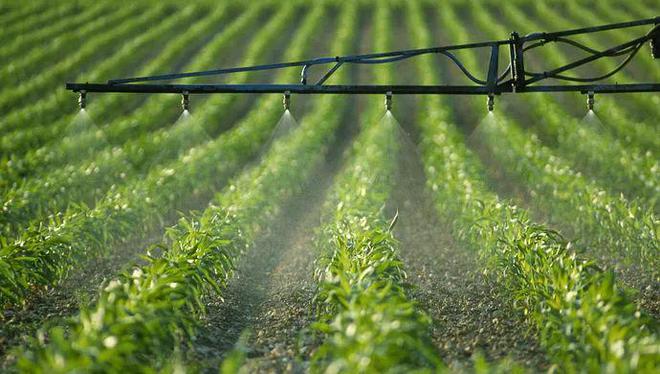Unmanned farming, often powered by advanced technology and automation, is transforming the agricultural industry. Among the key players in this revolution are drones. These flying machines are becoming indispensable tools for modern farmers, offering a wide range of benefits and applications in agriculture.
Drones, or unmanned aerial vehicles (UAVs), have several crucial roles in unmanned farming:
-
Crop Monitoring: Drones equipped with high-resolution cameras can capture detailed images of crop fields. Farmers can use these images to assess crop health, identify disease or pest infestations, and make informed decisions about irrigation and fertilization.
-
Precision Agriculture: Drones can apply fertilizers and pesticides with pinpoint accuracy, reducing waste and minimizing environmental impact. This precision ensures that resources are used efficiently, contributing to sustainable farming practices.
-
Aerial Mapping: Drones can create detailed topographic maps of farmland, helping farmers plan field layouts and drainage systems. This information is essential for optimizing irrigation and preventing soil erosion.
-
Crop Spraying: Drones can carry tanks filled with liquid fertilizers, herbicides, or pesticides, and spray them directly onto crops. This eliminates the need for ground-based machinery and reduces the risk of soil compaction.
-
Livestock Monitoring: Drones are also used to monitor livestock in unmanned farms. They can quickly survey large areas, ensuring that animals are safe and healthy. This technology can be particularly useful for ranchers and herders.
-
Data Collection: Drones gather valuable data, such as temperature, humidity, and soil moisture levels, which can be used for data-driven decision-making. Farmers can use this information to optimize their farming practices for maximum yield.
While drones offer numerous advantages in unmanned farming, there are also challenges to consider. The cost of acquiring and maintaining drones can be significant. Additionally, operators need training and certification to operate drones legally and safely.
Despite these challenges, the use of drones in unmanned farming is expected to grow as technology becomes more accessible and affordable. Drones have the potential to revolutionize agriculture by improving efficiency, reducing costs, and promoting sustainability. As the agricultural industry continues to embrace automation and innovation, drones will undoubtedly play a crucial role in shaping the future of farming.







Please sign in to comment
register